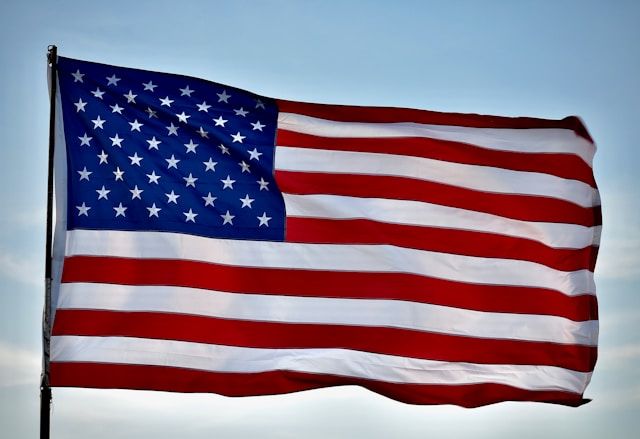Amid ongoing conflicts and diplomatic pressures, the U.S. halts Palestine’s long-sought quest for recognition as a full member state of the U.N.
In a significant diplomatic event, the United States exercised its veto power at the United Nations Security Council to block a resolution that would have recognized Palestine as a full member state. This decision occurred during a session focused on Middle Eastern issues, highlighting the ongoing complexities of the Israeli-Palestinian conflict.
The resolution, which garnered support from 12 of the 15 council members, faced opposition solely from the United States, with Britain and Switzerland abstaining. The bid for statehood, led by Palestinian envoy Riyad Mansour, represented a fervent effort by Palestine to secure a recognized place within the international community. Mansour, in a passionate speech, articulated the Palestinians’ right to self-determination and independence, emphasizing their desire to live freely within their historic homeland.
However, the U.S. stance was clear, as articulated by a State Department spokesman, who indicated that the resolution was “dead on arrival.” This position underscores the U.S. viewpoint that direct negotiations between Israel and the Palestinian Authority, with international support, represent the most viable path to Palestinian statehood.
The implications of full U.N. membership for Palestine would be profound, extending beyond symbolic recognition to include voting rights and potential membership on influential bodies like the Security Council. However, core issues such as territorial boundaries and diplomatic recognition by individual states would remain unresolved.
Israel’s admission to the U.N. in 1949 stands in stark contrast to the prolonged and contested process faced by the Palestinian Authority. The territories sought by Palestine for statehood include the West Bank, East Jerusalem, and Gaza Strip—regions currently under varying degrees of Israeli control following their capture or annexation.
The Security Council’s debate occurs amid escalating tensions and violence in the region, highlighted by recent severe conflicts between Israel and Hamas in Gaza, which have also spilled over into the West Bank and affected neighboring areas. These developments complicate the path to statehood, intertwining it with broader regional dynamics and international diplomatic efforts.
Furthermore, global support for Palestinian statehood has been growing, with several countries expressing their backing in various international forums. The General Assembly had previously elevated Palestine’s status from “observer” to “nonmember observer state” in a significant 1988 declaration.
The U.N.’s complex procedures for statehood recognition involve not only Security Council approval but also a two-thirds majority in the General Assembly. Despite previous attempts and substantial international discussions, Palestine’s bid continues to be a focal point of geopolitical debates, reflecting the ongoing challenges in achieving a lasting peace in the region.
 Cristina Glebova on
Cristina Glebova on